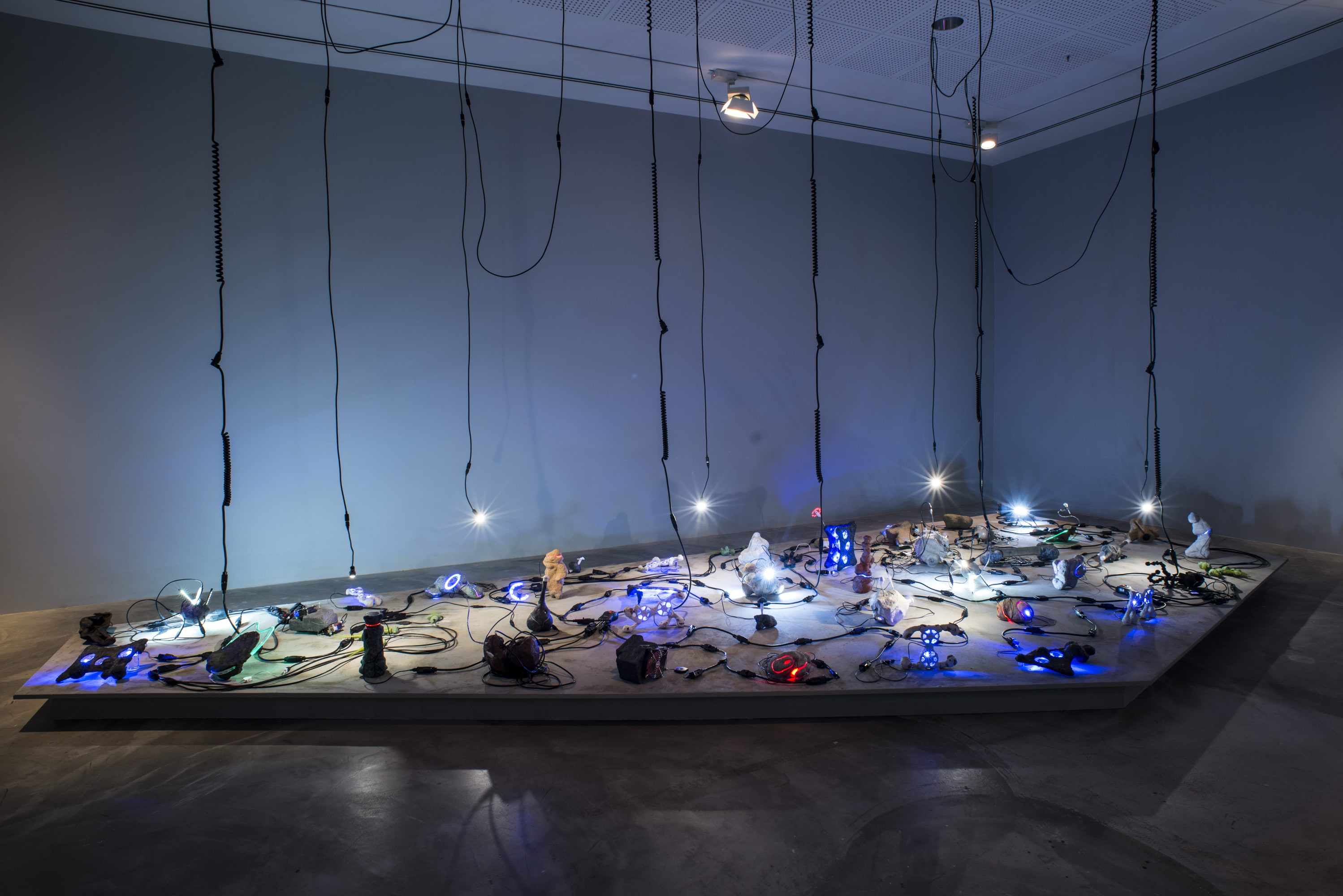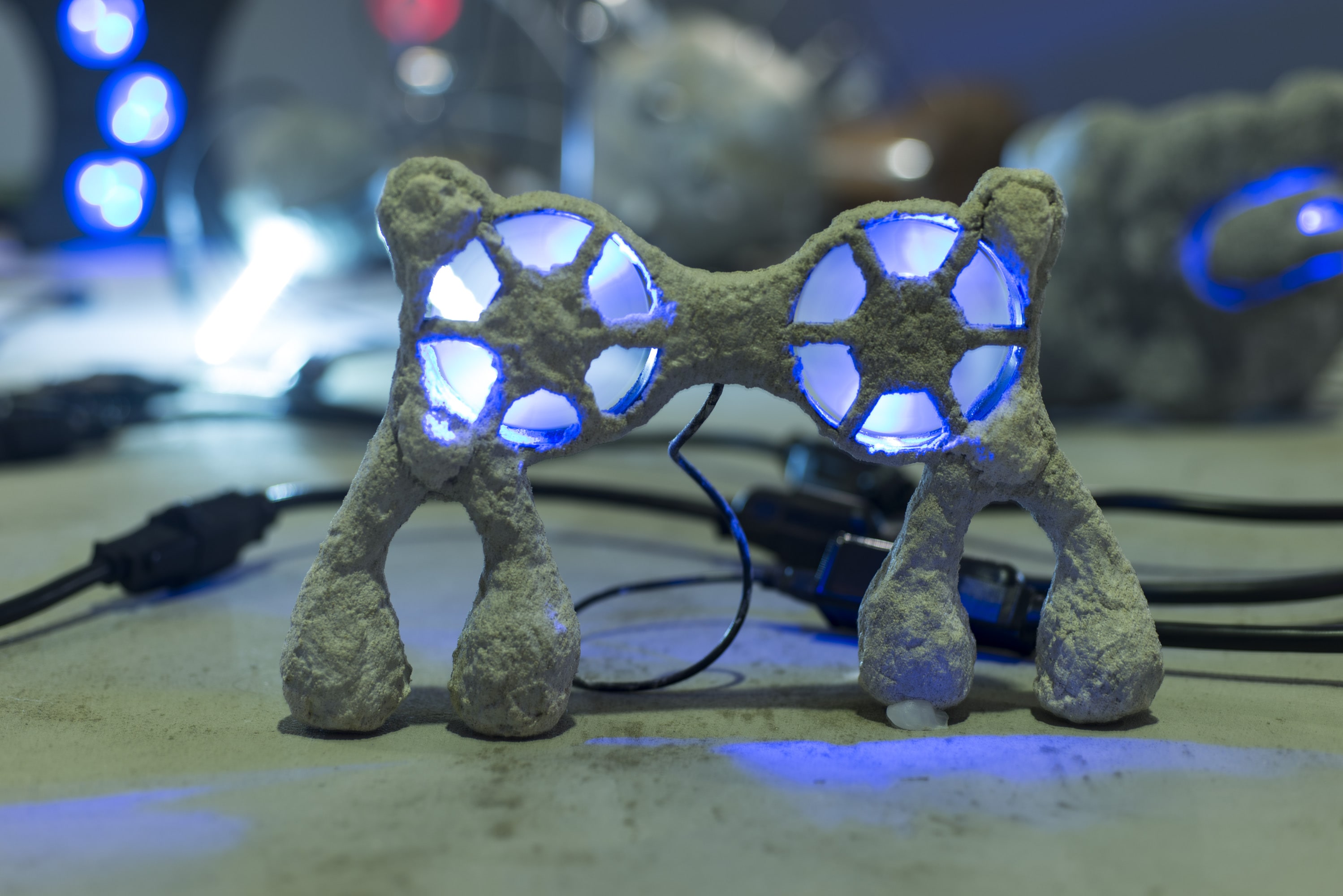Pera Kids
Ages 10-12
During the Ottoman period, ambassadors would visit from other countries as representatives and messengers. Since cameras were not invented until 1839, ambassadors would hire painters who would accompany them on their journey and document what they see. Today, you will have a visitor in your home: an ambassador. You will have to show the ambassador around your house, and they will convey what they saw during their visit to people from their own country. To do this, you can play in pairs, with one player playing the role of the ambassador, and the other player acting as the grand vizier who will accompany the ambassador during the visit to the country, which is your house. First of all, the grand vizier tours the house to select a theme to showcase to the ambassador. You are free to select any theme as long as the scenes you pick have something in common, such as household appliances, objects with sharp edges or light-colored walls. After deciding on the theme, the grand vizier returns to the ambassador, who keeps their eyes closed during the visit and is led safely around the country by the grand vizier. When they arrive at one of the locations selected, the grand vizier taps twice on the back of the ambassador, who opens their eyes briefly for a couple of seconds to etch that sight into memory, just like a camera. After visiting three locations around the house, the ambassador opens their eyes and tries to find their common features. The players can then switch roles for the next round.
Related Exhibition: Intersecting Worlds
Illustrator: İpek Kay
Game Writer: Neray Çeşme
This program is presented especially for the 100th anniversary of the April 23 National Sovereignty and Children’s Day, inspired by Pera Museum's digital exhibitions.

He didn’t expect this from me. And I hadn’t expected that we would decide to get married that day, at that moment. Everything happened all of a sudden, but exactly like it was supposed to happen in our day. We thought of the idea of marriage simultaneously, we smiled simultaneously, blinking and opening our eyes in unison.

The wind blows, rubbing against my legs made of layers of metal and wires, swaying the leaves of grass that have shot up from the cracks in the tarmac, and going off to the windows that look like the eyes of dead children in the wrecked buildings that seem to be everywhere as far as the eye can see.
Tuesday - Saturday 10:00 - 19:00
Friday 10:00 - 22:00
Sunday 12:00 - 18:00
The museum is closed on Mondays.
On Wednesdays, the students can
visit the museum free of admission.
Full ticket: 300 TL
Discounted: 150 TL
Groups: 200 TL (minimum 10 people)